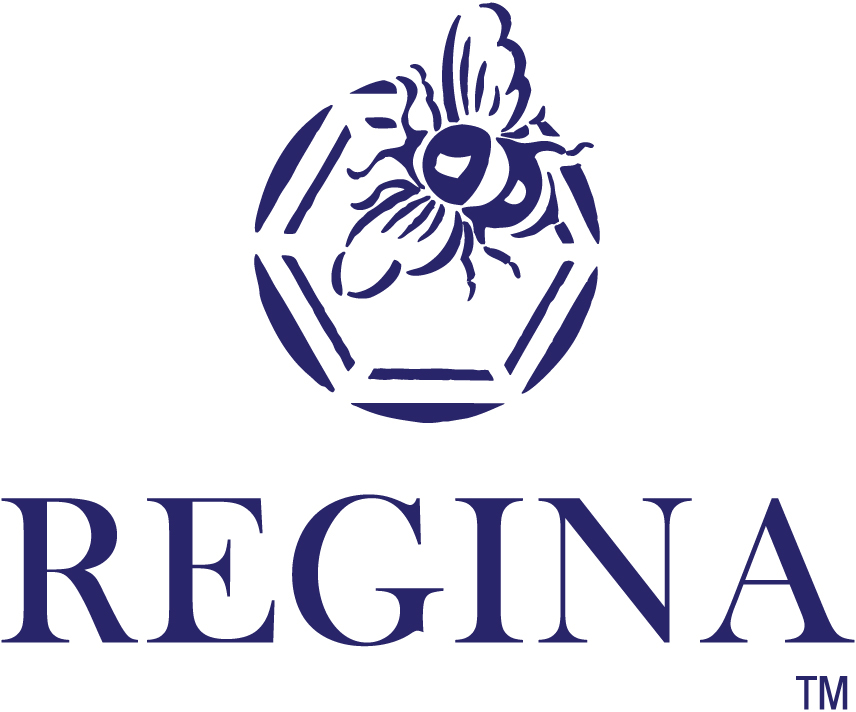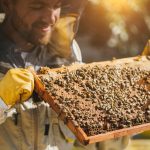Are Bees Heading Towards Extinction?
A fact that we must address in 2023 is that honeybees are in danger. There has been a rapid decline in the population of bees recorded at the local, regional, and country levels.
Since the 1900s, different species of bees have been steadily going extinct. International Union of Conservation says that more than 18 species of bees are at risk of going extinct. The IUCN denotes over 150 bee species as vulnerable to extinction.
Why are Bees Endangered?
Bees contribute a lot to the pollination of plants. They provide us with a number of health benefits and also food security because they play a significant role in maintaining the quality of crops. However, there has been a decline in the quantity and quality of agricultural produce in the United States. The study of the decrease in crop production showed that bees are at risk of extinction.
Factors that contribute to the endangerment of bees are:
- Climate Change
The shifts in weather and temperature affect the different species of bees. Just as climate change is affecting humans, it's also affecting bees and their pollinating outputs.
- Habitat Loss
Humans interrupt the natural habitat of the bees with the constant need for construction projects. Road & building constructions, mineral exploitation and overall human settlements have caused habitat degradation and fragmentation. Ground nesting bee species such as the Colletes and Andrena need loose soil to build their nests, which is becoming difficult to achieve with each passing day.
- Pesticides
Pesticides are dangerous to bee species. The toxic chemicals in pesticides damage the memory and learning ability of bees, especially honey bees. Also, it affects the reproductive capability of bees, causing a decline in offspring outputs.
- Pathogens and Pests
Pathogens are contagious bacterial diseases that affect bees and their productivity. These bee-killing pathogens include:
- American Foulbrood
- European Foulbrood
- Nosema
- Stonebrood
- Chalkbrood
- Poor Nutrition
Nutrition is essential to the prosperity of the bees. Most of the nutrients they get are from pollen. Adult bees need carbohydrates, while their larvae need protein, fats, and vitamins for proper growth. Even amino acids are crucial compounds that aid bee growth. Habitat loss and pesticides cause poor nutrition among the endangered species.
- Pollution
Several researchers examined the effects of air pollution on bee populations. Fuel exhaust and other harmful chemicals are floating around in the atmosphere, which is toxic to human health and even bees.
- Colony Collapse Disorder
Colony Collapse Disorder refers to a rapid decline of adult worker bees. The absence of adult worker bees leads to the death of the entire colony. It affects managed bee colonies more than wild bee colonies. The rate at which honey bee colonies were affected by CCD in Europe increased by over 30%.
Why Should Bees Be Protected?
The production of honey is one factor but there is more to bees than producing honey. Bees are essential to biodiversity and our survival as humans, as they pollinate crops and flower plants. Despite various efforts, bees are endangered by large-scale encroachment on their habitats, as above, and other factors.
A popular health product from bees is honey, natural sugar with numerous benefits. Over the last few decades, honey has been used for medicinal purposes. It contains micronutrients such as calcium, niacin, potassium, magnesium, zinc, riboflavin, and amino acids. Honey is also a great source of antioxidants and helps strengthen the immune system. We have listed and spoken about the benefits of honey in one of our articles that you can read on our website.
What is being done to protect the bees?
The Department for Environment, Food and Rural Affairs (DEFRA) in the UK, with the support of the Welsh government, has published the Healthy Bees Plan 2030. This outline measures to ensure a greater level of protection for honey bees throughout England and Wales. The Deputy Director for Plant and Bee Health at DEFRA, Nicola Spence, has welcomed this bill. This gives us hope and allows us to look forward to ensuring that our bees can survive and thrive for future generations.
The four key initiatives from the plan are as follows:
- Effective biosecurity and good standards of husbandry, to minimise pest and disease risks and so improve the sustainability of honey bee populations
- Enhanced skills and production capability/capacity of beekeepers and bee farmers
- Sound science and evidence underpinning the actions taken to support bee health
- Increased opportunities for knowledge exchange and partnership working on honey bee health and wider pollinator needs
Regina Healthcare puts premium honey at the core of its products. With 40+ years of commitment and passion, we have compiled a wide range of honey-based nutrition for your health. Do check them out on our website.

